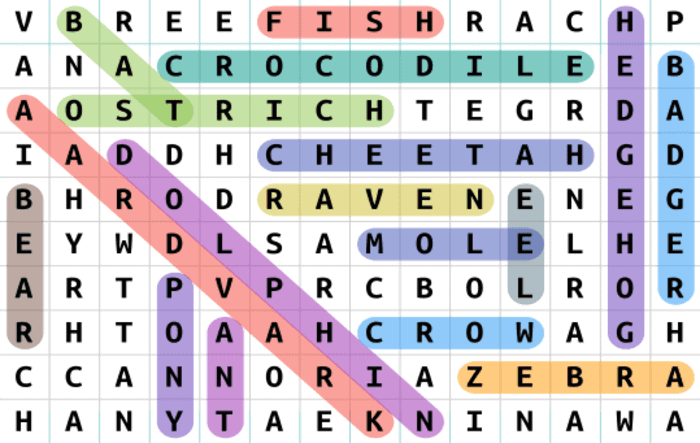Brain games such as word or logic puzzles can help enhance both focus and memory, as well as concentration and response time over time.
Puzzle playing induces your brain to produce dopamine, which is a feel-good chemical that can help relax you. Doing so may lower both blood pressure and heart rate.
Jigsaw puzzles
Jigsaw puzzles can be an engaging way to exercise your brain and build concentration. These games challenge players to recognize patterns, discern colors and shapes, use memory recall and think outside the box – plus they provide family fun!
Studies have revealed that those who regularly engage in logic games, like jigsaw puzzles or logic board games, tend to live longer without dementia or memory loss. Puzzles stimulate the left side of your brain while improving logical thinking skills – crossword puzzles, riddles, word searches and anagrams are also excellent brain stimulation exercises that may contribute to mental wellbeing.
Although completing a jigsaw puzzle requires your full attention, it can actually be quite therapeutic. Like meditation, completing the entire puzzle will bring relaxation and relieve any tension from other daily tasks. Plus, its completion provides a satisfying sense of accomplishment!
Hidden numbers
Logic games can help enhance your working memory, which is the part of the brain responsible for storage and manipulation of information. By stimulating neural networks associated with working memory, logic games make complex cognitive tasks like reading, math, learning and reasoning simpler and quicker to accomplish.
Nearly half of recent games are linear (sometimes known as ordering or sequencing) games. These require placing variables in a specific order – be it runners completing races in chronological order, houses being placed from east to west on streets, days of the week, or floors within buildings from top to bottom.
Another 30% of games involve grouping variables. Solvers must identify what can or cannot happen within a set of variables, for instance identifying which of six doctors will visit each clinic, using deductions as necessary and often resorting to scenario testing to complete this type of question successfully.
Word search
Word search puzzles offer an engaging way to strengthen cognitive skills and accelerate language acquisition, improve visual memory and attention to detail, while encouraging children to show patience and perseverance – qualities which help make better learners and ensure future success.
Word searches require players to focus fully on a grid of letters and block out all outside distractions, even minor interruptions can lead to words being missed and analysis having to start again from scratch. With practice comes greater control in blocking out distractions faster and completing puzzles more quickly.
Word searches provide players with an effective way to develop hand-eye coordination and to quickly spot words by circling or highlighting them, helping to increase hand-eye coordination while improving spelling and reading comprehension skills. Plus, playing word searches regularly can both increase mood as well as protect the brain against mental decline.
Pairs
Playing memory and concentration-focused games is an excellent way to keep your brain active, especially for older adults whose memories and attention spans may have diminished over time. Many such memory games such as jigsaw puzzles and card games exist today.
These games help build short-term working memory, lasting only minutes at a time, as well as long-term semantic memories which become embedded over time with repetition.
Peak is an app that provides personalized training in multiple cognitive functions, including focus, memory, problem solving and mental agility. This service features both free and subscription versions. Happy Neuron offers similar games based on scientific research that focus on different parts of the brain with different degrees of difficulty allowing players to compete against one another to see how well they perform across all areas.
Mahjong
The tile-based game of mahjong has its roots in China. To clear the board, match two identical tiles. Your ability to see patterns, recognize visual cues, and think strategically are all tested by Mahjong.
Chess
Chess is a board game of strategy that calls for forethought, preparation, and problem-solving. Chess improves your capacity for memory, focus, and decision-making.
Logic games that improve memory and concentration can help to keep your brain sharp and active, regardless of age. Your focus, working memory, visual memory, attention to detail, and problem-solving abilities can all be enhanced by playing these games frequently. Additionally, playing logic games might help you feel better and reduce stress.

